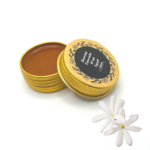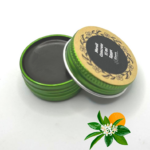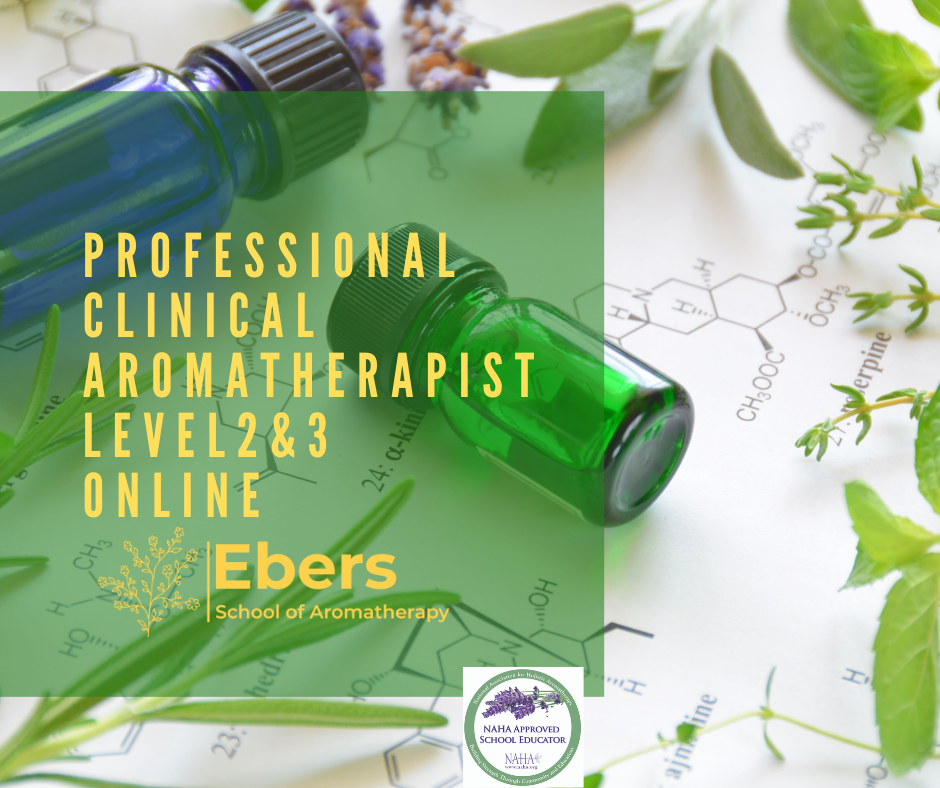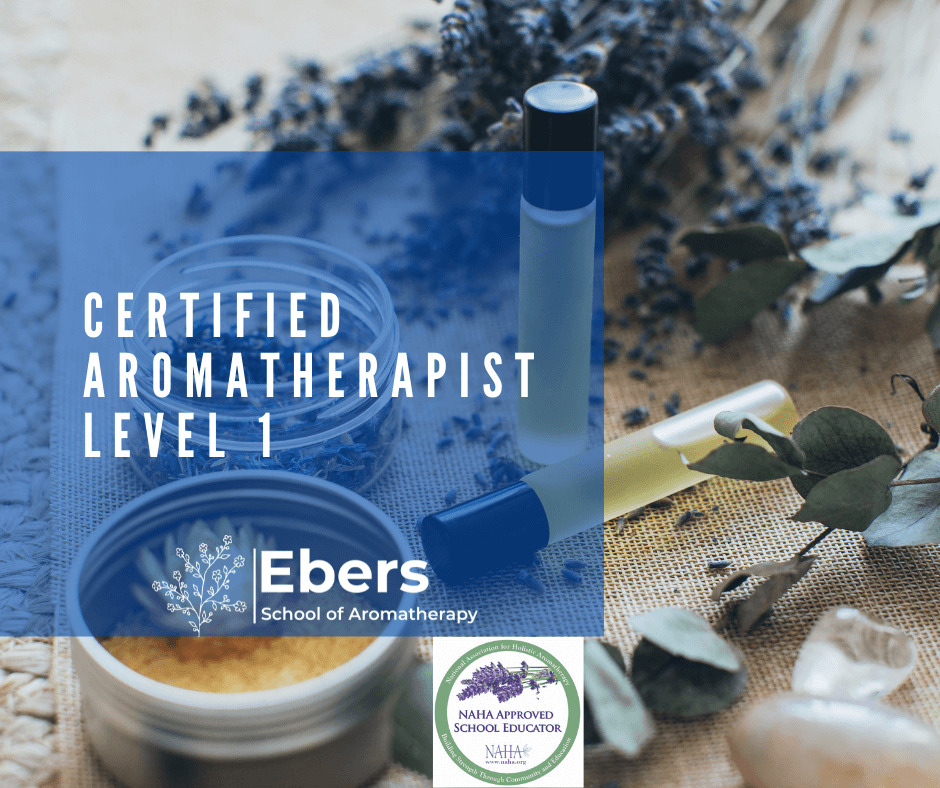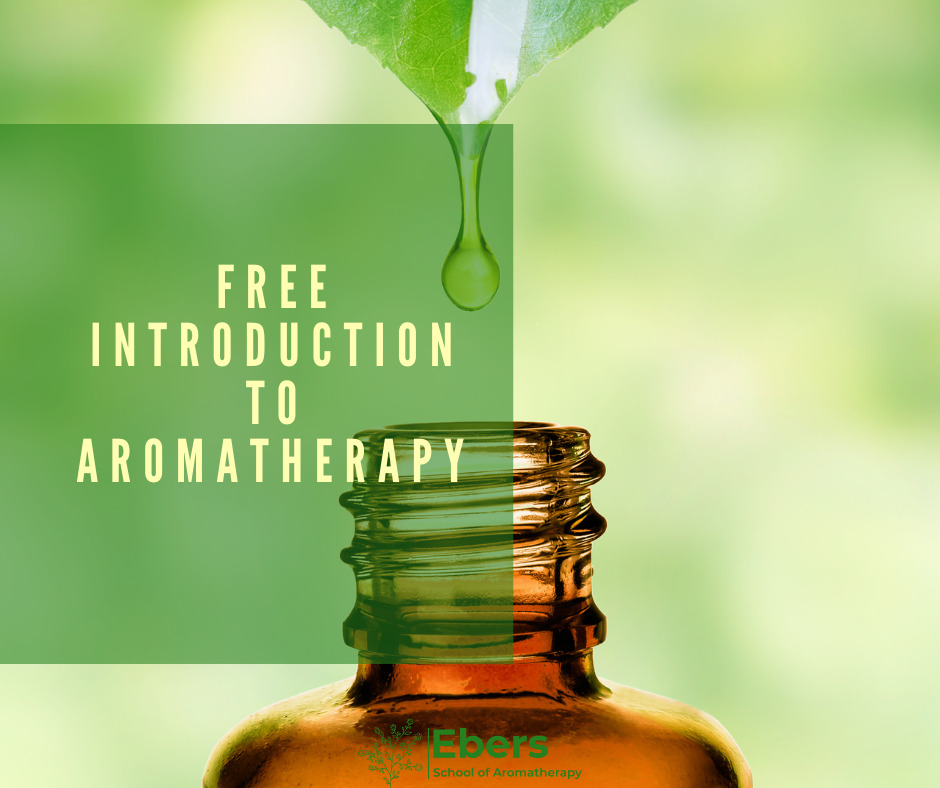Our Advanced Aromatherapy Certification program is tailored to cater to individuals keen on exploring the therapeutic potentials of aromatherapy, as well as professionals already established in the healthcare domain, including Massage Therapists, Estheticians, Herbalists, Nurses, and Physicians.
Learning Objectives:
Course Duration: The course encompasses a total of 300 hours, inclusive of research, study cases, and examination hours.
Completion Timeline: You are required to complete all course requirements within 1 year from your sign-up date. This timeframe allows for flexibility in pacing your studies while ensuring timely progress toward your certification.
In our Advanced Aromatherapy Certification program, it’s important to acquaint yourself with the graduation requirements necessary for the successful completion of the course:
- Research Paper: Each student is required to prepare a comprehensive research paper, ranging from 5 to 10 pages, focusing on an aromatherapy topic of their choice. This paper should demonstrate a deep understanding of the chosen subject matter and its relevance to aromatherapy practices.
- Case Studies: A minimum of 20 case studies must be completed by each student. These case studies serve as practical applications of aromatherapy techniques and principles learned throughout the course. They provide valuable insights into real-world scenarios and enhance your ability to address diverse client needs effectively.
- Level 2 Examination: Students are required to sit for and successfully pass the Level 2 examination administered by the school. This examination evaluates your comprehension of the course material and your readiness to apply aromatherapy principles in professional settings.
Who Is This Course For?
Our program caters to individuals who:
- Have a keen interest in learning the fundamental principles of aromatherapy.
- Aspire to attain certification and comprehensive knowledge in harnessing the remarkable benefits and applications of aromatherapy, particularly in utilizing essential oils for therapeutic purposes.
- Are either currently engaged in the healthcare system or are aspiring to enhance their career prospects in complementary holistic healthcare.
Before enrolling in these advanced modules, it’s essential to fulfill the prerequisite requirements outlined below:
Prerequisite Requirements:
- Completion of Aromatherapy Level 1 Course: Prospective students must have completed our Aromatherapy Level 1 course, which provides a foundational understanding of aromatherapy principles and practices.
- NAHA-Approved Comparable Program: Alternatively, individuals who have completed a comparable aromatherapy program approved by the National Association for Holistic Aromatherapy (NAHA) may be eligible to enroll in our Level 2 and 3 modules.
- The Level 3 hour requirement applies to existing clinicians (Physicians, Nurses, Acupuncturists, Medical Herbalists, etc). Students who are not existing clinicians have an additional requirement to provide proof of completion of Advanced Pathophysiology from an accredited institution, or the equivalent class taken from a NAHA approved school. Advanced Pathophysiology is a 4 credit graduate level class which typically advances knowledge of anatomy and physiology while expaining the mechanisms of diseases and pathophysiological conditions affecting the the integumentary system, the circulatory system, the reproductive system, the musculoskeletal system, the lymphatic/immune system, the endocrine system, the nervous system, the urinary system, and the digestive system. Many universities and colleges offer this course in classroom and on line.
NAHA Accreditation
Ebers School of Aromatherapy proudly stands as an accredited NAHA Approved School Educator. Our aromatherapy courses not only meet but exceed the rigorous standards set forth by NAHA Certified Level 2 & 3 Certified Aromatherapist requirements.
If you’re ready to delve into the captivating realm of aromatherapy and embark on a journey of discovery and growth, we invite you to join us.
Upon the satisfactory completion of all academic requirements outlined above, you will be awarded a certificate from Ebers School of Aromatherapy, an NAHA-approved School Educator. This certificate signifies your dedication to advancing your knowledge and skills in aromatherapy and your readiness to embark on a fulfilling career in this field.
Below is a detailed breakdown of the course modules and topics covered:
Introduction:
- Welcome Message
- Course Overview
- Class Supplies List
- Required Assignments
- Research Paper Guidelines
- Coaching Sessions
- Case Studies
- Aromatherapy Consultation Forms
Module One: History and Fundamentals
- History of Aromatherapy
- Egyptian Aromatic History
- What is Aromatherapy
Module Two: Botany and Aromatherapy
- Botany & Aromatherapy
- Aromatic Families
- The Role of Botany in Aromatherapy
- Plant Structure and the Oil Cell
- Common & Botanical Names
- Extraction Methods
Module Three: Storage, Safety, and Precautions
- Storage and Safety
- Topical Use Precautions
- Sensitization
- Equipment used in Aromatherapy
Module Four: Essential Oils
- Datasheets for 40 Essential Oils
- Therapeutic Methods of Application and Safety
- GCMS Analysis Sample
Module Five: Chemistry of Essential Oils
- Chemical Families
- Safety and Therapeutics of 10 Chemical Families
Module Six: Methods of Application
Module Seven: Blending Techniques
- Blending Tips
- How to Select Essential Oils for a Blend
- Blending by Notes
- Blending by Aromatic Families
Anatomy & Physiology 2 :
- Introduction to the Human Body
- The Chemical Level of Organization
- The Cellular Level of Organization
- The Tissue Level of Organization
- The Integumentary System
- Bone Tissue and Skeletal System
- Axial Skeleton
- Appendicular Skeleton
- Joints
- Muscular System
- Nervous System
- Peripheral Nervous System
- Central Nervous System
- Special Senses
- Autonomic Nervous System
- Endocrine System
- Cardiovascular System
- Heart
- Blood Vessels and Circulation
- Lymphatic and Immune System
- Respiratory System
- Digestive System
- Metabolism and Nutrition
- Urinary System
- Reproductive System
- The A &P course is part of your overall program and is offered through Oregon State University under the Creative Commons Attribution-ShareAlike 4.0 International
This comprehensive breakdown covers the breadth and depth of the course, ensuring students receive a thorough education in aromatherapy and related subjects.
Please review this breakdown carefully to evaluate the course content before signing up. If you have any questions or need further clarification, please don’t hesitate to reach out.
As you prepare to embark on your exciting journey into the world of aromatherapy with Ebers School of Aromatherapy, we want to ensure you have all the necessary tools and supplies to make the most of your learning experience. Below, you’ll find detailed information about our recommended course kit and supplies:
Course Kit and Supplies:
- Packaging: Our kit includes a variety of packaging materials essential for creating your own blends, including spray bottles, inhalers, plastic bottles for lotions and massage oils, 5ml bottles for diffuser blends, coffee bean tins, plastic tubs, labels, markers, perfume strips, and plastic pipettes.
- Carrier Oils: Essential for diluting and blending essential oils, our kit includes a selection of high-quality carrier oils such as coconut oil, almond oil and jojoba oil
Options for Obtaining Supplies:
- Purchase from Ebers School of Aromatherapy: You have the option to conveniently purchase your course supplies directly from us. Visit our website at https://www.ebersconsulting.com/ to explore our supply offerings.
- Bring Your Own Supplies: Alternatively, you may choose to source your own supplies independently. Please ensure that any supplies you procure are pure and natural, adhering to our high standards of quality.
Continuing education hours:
Ebers School of Aromatherapy is a NAHA Approved School Educator and offers aromatherapy courses that exceed the requirements set forth by NAHA for aromatherapy education. Our Aromatherapy Certification online level 2 is 300 hours course that exceeds the qualifications set by NAHA which qualifies you as a “NAHA Certified Level 1 Certified Aromatherapist.” Please visit NAHA for more information.
Refunds for online courses are available within 24 hours of registration prior to login to the program, once logged in and have to access no refund

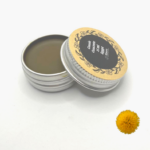
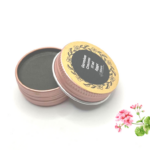

 Date: Sunday, February 9th
Date: Sunday, February 9th Time: 9:00 AM – 4:00 PM
Time: 9:00 AM – 4:00 PM Meeting Point: Hawthorn Rose Studio at 9:00 Westwood NJ.
Meeting Point: Hawthorn Rose Studio at 9:00 Westwood NJ.